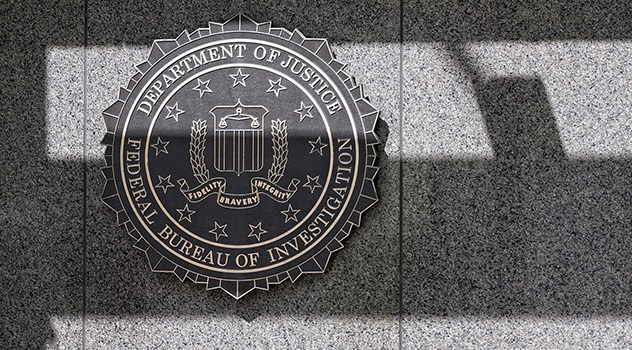Multinational transactions, particularly mergers and acquisitions, present many unique and often complex considerations which may invite additional regulatory review. Oftentimes, a transaction may be subject to reviews involving multiple regulatory agencies from each party’s respective country or countries. In such cases, the considerations and positions of each regulator or country can often conflict with the other. This is especially true when proposed transactions are deemed by one side to have potential national security ramifications. This particular concern is the primary purview of CFIUS reviews. StoneTurn Partner Scott Boylan and Managing Director Nate Fisher share important questions investors or sellers involved in multinational investments need to ask.
While the Committee for Foreign Investment in the US (“CFIUS”) may perhaps be the most widely known of such, it is only one in a broader network of government agencies similarly dedicated to scrutinizing and authorizing (or denying) foreign direct investments (“FDI”) around the world.
Multinational transactions, particularly mergers and acquisitions, present many unique and often complex considerations which may invite additional regulatory review. Oftentimes, a transaction may be subject to reviews involving multiple regulatory agencies from each party’s respective country or countries. In such cases, the considerations and positions of each regulator or country can often conflict with the other. This is especially true when proposed transactions are deemed by one side to have potential national security ramifications. This particular concern is the primary purview of CFIUS reviews.
In 2018, the US enacted the Foreign Investment Risk Review Modernization Act (“FIRRMA”), that broadened CFIUS’ authorities and affected significant changes to the rules governing FDIs in the US. With FIRRMA, the US also expressed a desire for greater international cooperation and encouraged allied countries to establish or strengthen their own FDI regimes.
This invitation has been embraced by at least some foreign partners; Denmark, the Netherlands, Czech Republic, and Slovakia have adopted their own FDI regimes, and Spain, France, Germany, and the UK each significantly enhanced their own existing processes. These changes were primarily influenced by concern over state- backed investors from non-market economies (“NME”), and to a lesser degree by concerns that conditions related to the COVID pandemic had created an environment in which investors could take undo advantage.
Investors or seller involved in multinational investments need to ask and answer three basic questions:
1. Is this transaction covered by one or more countries’ FDI regimes?
2. Will any of the countries involved perceive the investment as a national security risk?
3. If a national security risk is present, will the deal be approved and under what conditions?
It is critical these questions get asked as soon as possible in the process. The better the transaction parties understand the full nature and ramifications of a proposal, the better they can anticipate what additional hurdles or regulatory oversight they may encounter. These questions should shape the due diligence process, which can significantly affect the outcome of the deal. Effective due diligence has the potential to save considerable time and resource expenditures as such efforts may reveal that a deal is unlikely to be approved early in the exploration process.
Or perhaps a deal is likely to be approved, but with what additional conditions and stipulations? For example, will the target company be required to operate independently of the acquiring entity? Will the relationship require the continued oversight of government or third-party monitors? If this is the case, does the deal still fit your strategy?
Investors need to understand how such conditions may impact the strategy of a deal. In some instances, restrictions or conditions can eviscerate key or primary reasons for a transaction. For example, the contemplated purchase of a software company that is driven by a desire to integrate elements of the software into an investor’s security stack. In this situation it would be critical to know that conditions or restrictions likely to be imposed by involved countries could prevent such integration and render the purpose of the deal (i.e., integration of the acquired company’s software into the investor’s security stack) useless.
Understanding the national security positions and priorities of various countries involved in a transaction is a critical factor to consider before making an investment. While national security reviews are opaque, they are not incomprehensible. There are experts who can guide investors through this process to provide a more precise understanding of how the investment will be perceived by various nations, how countries will react, and what limits or restrictions are likely to be levied on the transaction. Obtaining this type of expert advice should be an early step in evaluating any potential investment. Without informed analysis, your transaction may prove to be more of a costly blind bet.
































